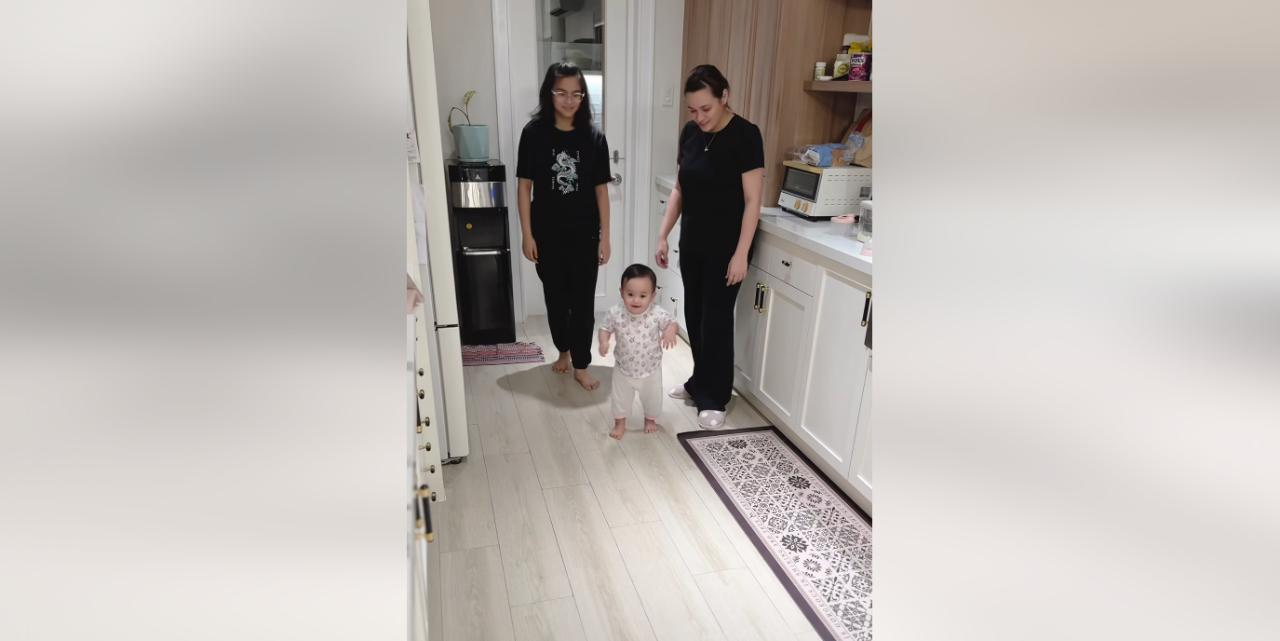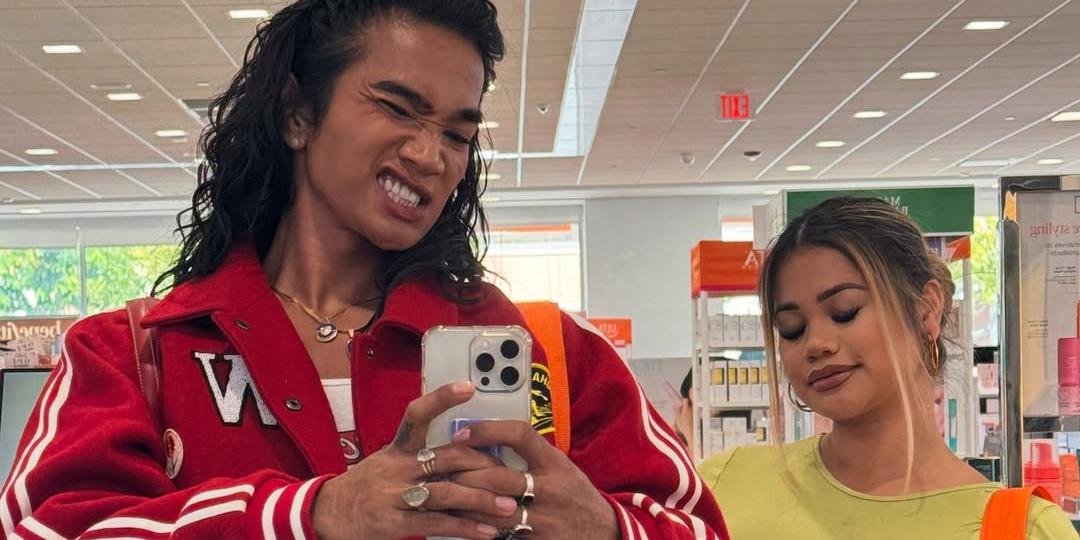
Upgrade to High-Speed Internet for only ₱1499/month!
Enjoy up to 100 Mbps fiber broadband, perfect for browsing, streaming, and gaming.
Visit Suniway.ph to learn

CLINICAL MATTERS
The rise of social media has changed the way most people consume their information. While social media has enabled unprecedented connection and rapid sharing of timely news, it has also led to a lot of conflict and disinformation along the way. It can be a double-edged sword that has the potential to do as much harm as good. Some people have been scammed and bullied, while others have had mental breakdowns to the point of self-harm. To minimize the risk, it is important to put safeguards in place. Setting limits for time online, especially for children and adolescents, along with adequate supervision, are good practices for dealing with the adverse effects of this useful tool of communication. Preemptive fact-checking before sharing, and verification of the identity of the poster are also simple tricks that can avoid trouble and go a long way in limiting damage from fake news.
My personal experiences with social media are mostly limited to Facebook and X (formerly Twitter). I haven’t used X in a while due to its increasingly toxic environment. There are numerous other platforms, including TikTok, Instagram, Discord, Signal, Viber, WhatsApp, and others which I’ve tried but on which I don’t post as much. Some of these are primarily messaging platforms which have group chats or special interest groups. Nevertheless, the principles of protecting yourself are similar across different platforms. As someone who has had many successes and failures on social media, especially during the pandemic, I have learned valuable lessons on how to maximize value while minimizing discomfort.
Verify, verify, verify.
It is so easy to believe a juicy piece of information and share it with all your friends, only to find out that it was fake. Some posts even have AI-altered or generated pictures to back up their assertions, and many people get burned. Using fact-checking websites like Snopes.com is an easy way to see if the material is bogus. Unfortunately, there are also fake fact-checking websites that are either deliberate disinformation campaigns or are biased but pretend to be balanced. For health information, stick to reliable institutions such as the World Health Organization or the US Centers for Disease Control. A lot of medical misinformation is also recycled, like some posts about the deadliest variant of COVID-19, which were obviously out of date but kept cropping up every year. One nefarious disinformation tactic is to mix in good quality information with misleading or false claims, making it much harder to detect. Ask your doctor about new supplements or fad diets before taking them to make sure the claims of the manufacturer are accurate.
Use privacy controls to your advantage.
Facebook and other apps have built-in controls for privacy. Use them to limit access to your posts and pictures, and who can comment on your wall and tag you in their posts. This is especially important if you do not wish to interact with strangers or receive unsolicited friend requests. If you are posting personal information or pictures of your family, you might want to set these posts to friends only, and you can even exclude certain friends from seeing your posts, should you wish to do so. There is also a privacy setting that says, “only me,” which I suppose can be used for making draft posts or as a kind of personal journal or diary. People who only use Facebook for personal interactions with friends and family can opt to lock their profiles which means only their Facebook friends can view their profile information.
If you want to grow a following, then you need to set your audience to public as much as possible for maximum visibility. Facebook recently switched over all accounts with followers to professional mode, and you will lose all your followers if you turn it off. This happened to me since I have a verified account on Facebook with a large number of followers. It does have tools that give interesting insights into how many people viewed your posts and interacted with them, and what country they are from. It has monetization options, which I did not activate since I don’t post content for profit. This can be quite lucrative for some influencers who are willing to do sponsored posts. Conversely, there is a paid option to “boost” posts, especially for people engaged in professional promotions. Since I use my Facebook page primarily as a personal account, I have never used boosting, and I have never solicited sponsorship for my posts, but I do understand that some people may find this useful.
Limit your time on social media and allow for breaks.
If you think those likes from your friends are addictive, there is a physiological reason for that. The same dopamine reward pathway seen in addicts and gamblers is activated when someone likes your post or positively interacts with you on social media. This is why people have a hard time putting down their phones even when they should be doing something else, like working or sleeping. This can lead to significant disruption of work and life balance, and lead to serious physical and mental health issues. To prevent this, keep track of your overall time on social media. Try to limit the total amount of time spent on social media each day to two hours or less. Try to take a five-minute break for every 30 minutes of screen time to reduce eye strain and to give your brain some rest. Avoid using your phone less than one hour before going to bed to get a restful sleep, and do not check your phone in the middle of the night if you wake up, because it will interrupt your sleep.
Don’t lose your temper and learn to step away.
If an argument is getting heated and you find yourself losing your temper, step away and catch your breath. If you are being attacked personally, disengage and block the person, especially if it’s an anonymous account. Some people enjoy trolling others by posting provocative comments on their posts, and so it isn’t worth engaging with these lowlifes. I just stick to my wall where I can control the conversation by deleting nasty comments and blocking rude people. Set your rules on your wall and avoid going after people on their walls since it isn’t going to change their mind, and you just open yourself up to retaliation. Politics and showbiz gossip are major triggering topics, so if you aren’t prepared for the trolls, avoid wading into the fray.
These are just a few ways you can protect yourself while enjoying the many benefits of social media. Not everyone is your online friend, and there are many scammers and trolls. Fortunately, using the right tools can protect your privacy and preserve your mental health.

 1 month ago
23
1 month ago
23



